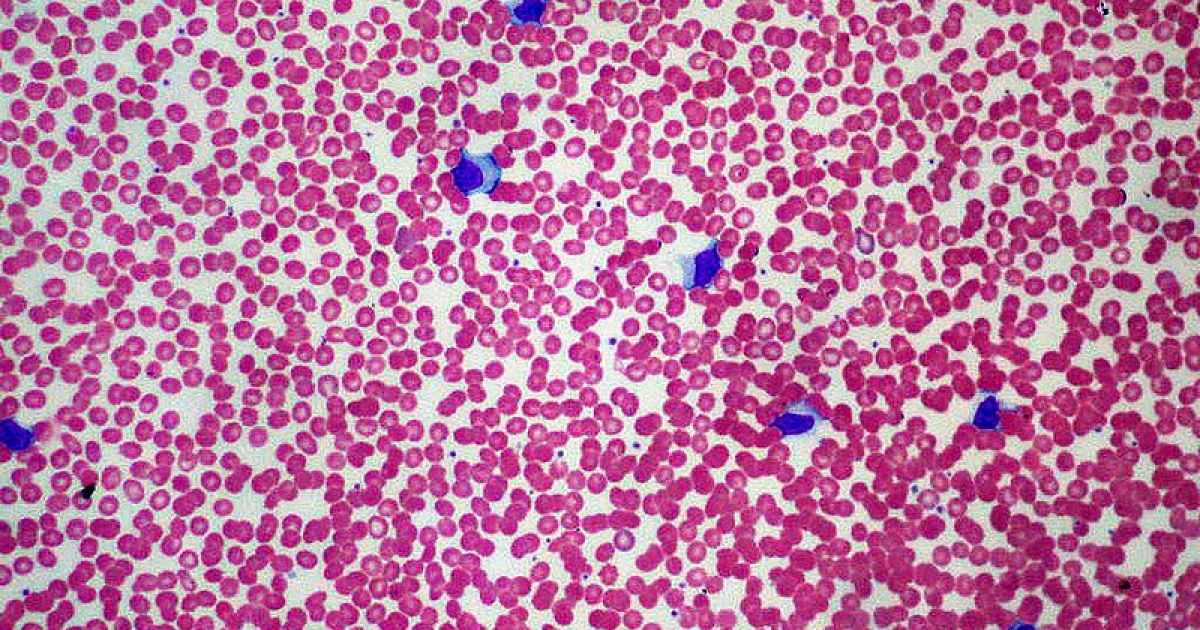A connection between the Epstein-Barr virus and the development of multiple sclerosis is revealed.

The role that Epstein-Barr virus (EBV) plays in the development of multiple sclerosis (MS) may be due to higher levels of cross-reactivity, in which the body’s immune system binds to the wrong target, than previously thought. In a new study published in PLOS Pathogensinternational researchers led by the University of Birmingham (UK) They analyzed blood samples from people with multiple sclerosis.as well as from healthy people infected with EBV and people recovering from glandular fever caused by recent EBV infection.
The study examined how the immune system copes with EBV infection, part of a global effort to understand how this common virus can lead to the development of multiple sclerosis. after 20 years of emerging evidence of a link between the two. Although previous studies have shown that antibody responses to the EBV protein, EBNA1, also recognize a small number of central nervous system proteins, this study showed that T cells, another important part of the immune system that targets viral proteins, can also recognize brain proteins . .
The second important conclusion was that these cross-reactive T cells They can be found in both people with multiple sclerosis and people without the disease. This suggests that differences in the function of these immune cells may explain why some people develop multiple sclerosis after becoming infected with EBV.
Dr Graham Taylor, Associate Professor at the University of Birmingham, UK, and one of the study’s authors, said: “The discovery of a link between Epstein-Barr virus and multiple sclerosis is significant. huge consequences to our understanding of autoimmune diseases, but we are still beginning to unravel the mechanisms involved. “Our latest study shows that there is much more immune system aberration or cross-reactivity after Epstein-Barr virus infection than previously thought.”
“Our study has two main implications. First, the findings add further weight to the idea that the link between EBV and multiple sclerosis is not due to uncontrolled viral infection in the body. Second, we show that the human immune system cross-recognizes a much wider range of EBV and central nervous system proteins than previously thought and that there are different patterns of cross-reactivity. “Knowing this will help identify which proteins are important in multiple sclerosis and could be a target for future personalized treatments.”
During blood tests, the team also found evidence that cross-reactive T cells targeting Epstein-Barr virus and central nervous system proteins also They are present in many healthy people.
“Our detection of cross-reactive T cells in healthy individuals suggests that this may be the ability of these cells to access the brain what is important in MS. Although our work shows that the relationship between EBV and multiple sclerosis is now more complex than ever, it is important to know how far this cross-reactivity extends to fully understand the connection between the two,” says Dr. Olivia Thomas from the Karolinska Institutet in Sweden and USA. co-author of the article.